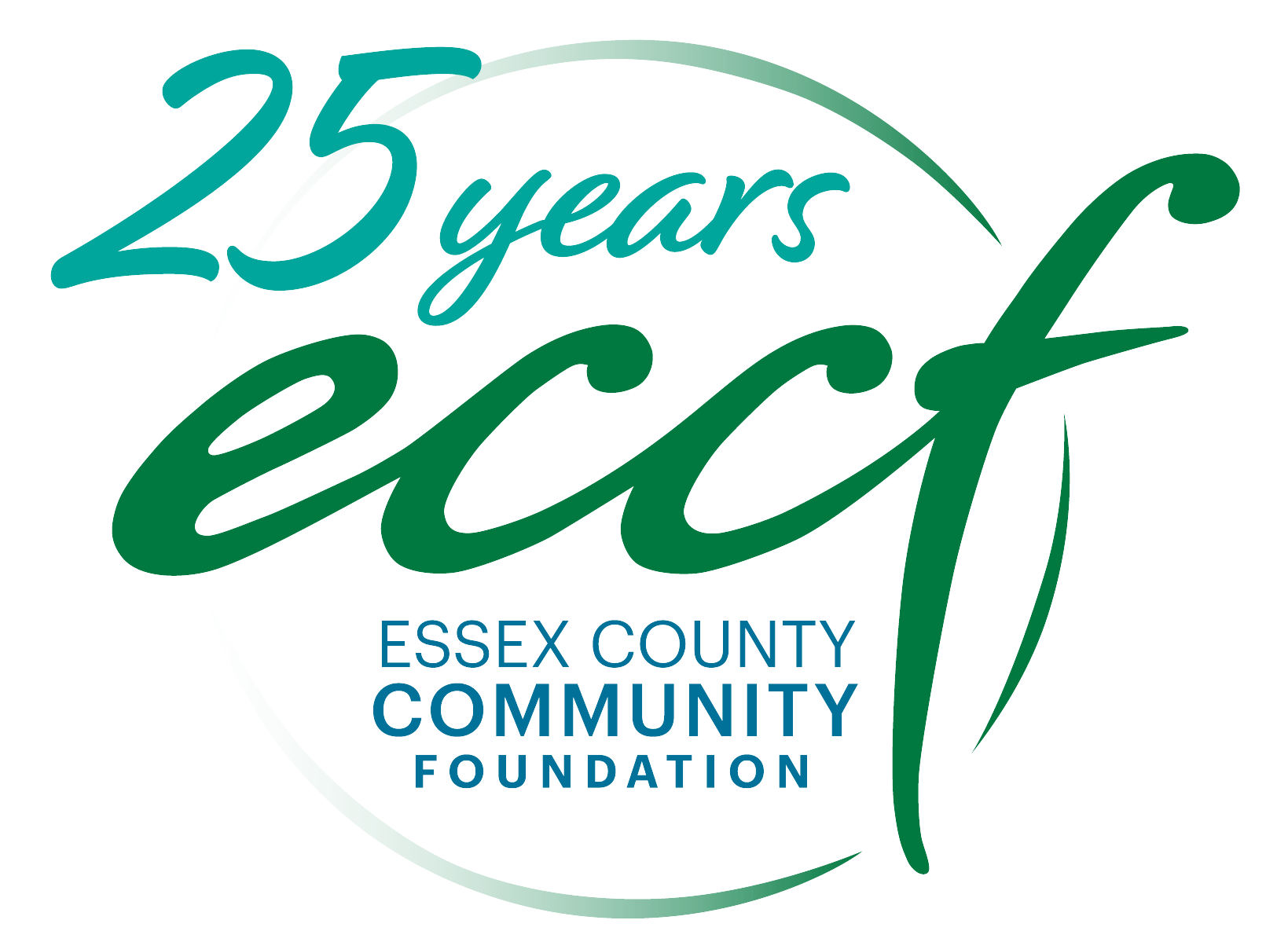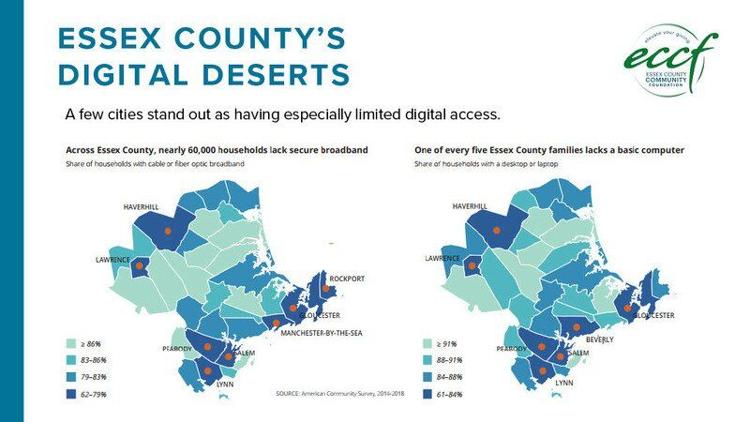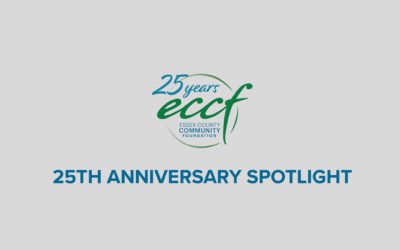COLUMN IN THE SALEM NEWS
By Stratton Lloyd and Michelle Xiarhos Curran
SEE ORIGINAL COLUMN IN THE SALEM NEWS HERE.
The digital divide is not new. For decades, there has been a wide and growing gap between the information haves and the have-nots. But as it has done so often in the last eight months, COVID-19 has blown the roof off another longtime disparity that has become one of the most pervasive challenges of this pandemic.
The world has gone virtual, but so many residents are shut out. According to a recent study commissioned by ECCF, one out of every five households in Essex County lacks a basic computer or internet connection. Many more may also lack the training and workspace to use available resources fruitfully, making the digital divide a multidimensional challenge that leaves anyone on the wrong side out in the cold.
Students without access struggle to successfully navigate remote learning, which parents and educators fear will have a lasting negative impact on their quality of life.
Job seekers without access struggle to conduct employment searches or successfully transition to work at home, slashing job prospects and putting their financial futures at risk.
Small- and microbusinesses – many of which are owned by people of color – struggle when social distancing measures force them to transition operations to an online platform.
Seniors face isolation and health complications when they are unable to connect virtually with family and medical providers.
The impacts of COVID-19 have both accelerated and solidified our dependence on technology to live our everyday lives. And the gaps between those with and those without access are mounting. If we don’t act now, the digital divide will continue to widen, further depriving Essex County’s most vulnerable populations the right to fully participate in and benefit from the institutions so many of us take for granted: education, the economy and healthcare among them. But if we do act, we can begin to level the playing field and make digital equity a reality for every resident in Essex County. Across the region, leaders have already started the work.
Last month, the Haverhill City Council – citing the ECCF report – voted to allocate $20,000 to investigate the feasibility of bringing high-quality internet access to all corners of the city. Other Essex County communities are also exploring municipal broadband options. Schools have distributed Chromebooks and some districts, like Salem are assembling “geek squads” of bilingual parents that are available to help families with technical issues associated with remote learning. Some nonprofits, like Salem Children’s Charity, are leveraging discount programs like Comcast’s Internet Essentials and covering the cost of internet service for low-income families. Other organizations, like Community Action Inc., are distributing laptops to adult learners so they can continue to participate in critical educational programming. Through an ECCF grant, Groundwork Lawrence and The Center, working collaboratively, are issuing WiFi-enabled tablets to seniors and teaching them how to use the devices to combat loneliness and participate in virtual fitness classes that help keep them healthy. The MV Small Business Support Coalition is working to help the region’s smallest businesses pivot to an online world through workshops and one-on-one coaching.
All of this work is critical to dismantling the barriers that prevent people from thriving in a world that exists increasingly online. But like many social challenges, the digital divide is connected to and affected by other complex systemic issues like housing and income inequality. To solve one, you must think about it in terms of the others. While we work to solve the short-term challenges brought on by COVID, we must, at the same time, develop systemic solutions that will bridge the digital divide for the future.
This will take collaboration, innovation and investment. ECCF will continue to work alongside cross-sector community leaders to gather data that will help map the work taking place across the region and develop a strategy for a countywide digital equity initiative. We will partner with educators, business leaders, nonprofits, advocates, philanthropists and government leaders to amplify innovative work and identify gaps where additional collaborative investment is needed.
Together, we can drive solutions that bring us closer to a more just and equitable Essex County, where every resident has the opportunity to connect, obtain services and fully participate in life. Bridging the digital divide is something we can no longer afford not to do. Our future depends on it.
Stratton Lloyd is executive vice president and COO at Essex County Community Foundation. Michelle Xiarhos Curran is the foundation’s communications writer.



